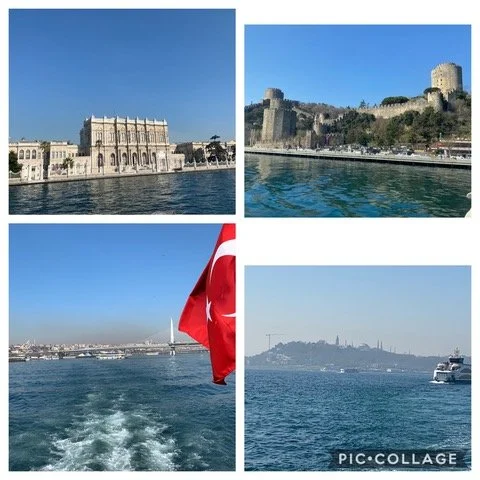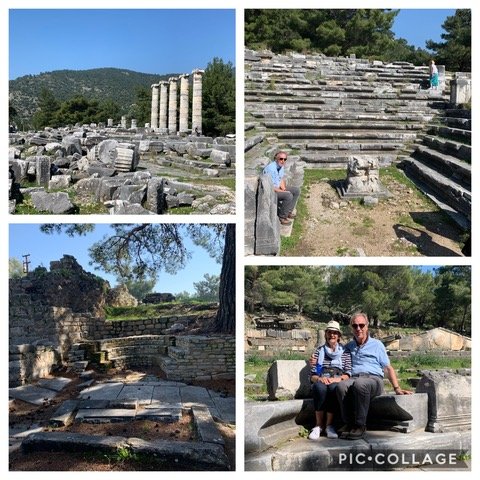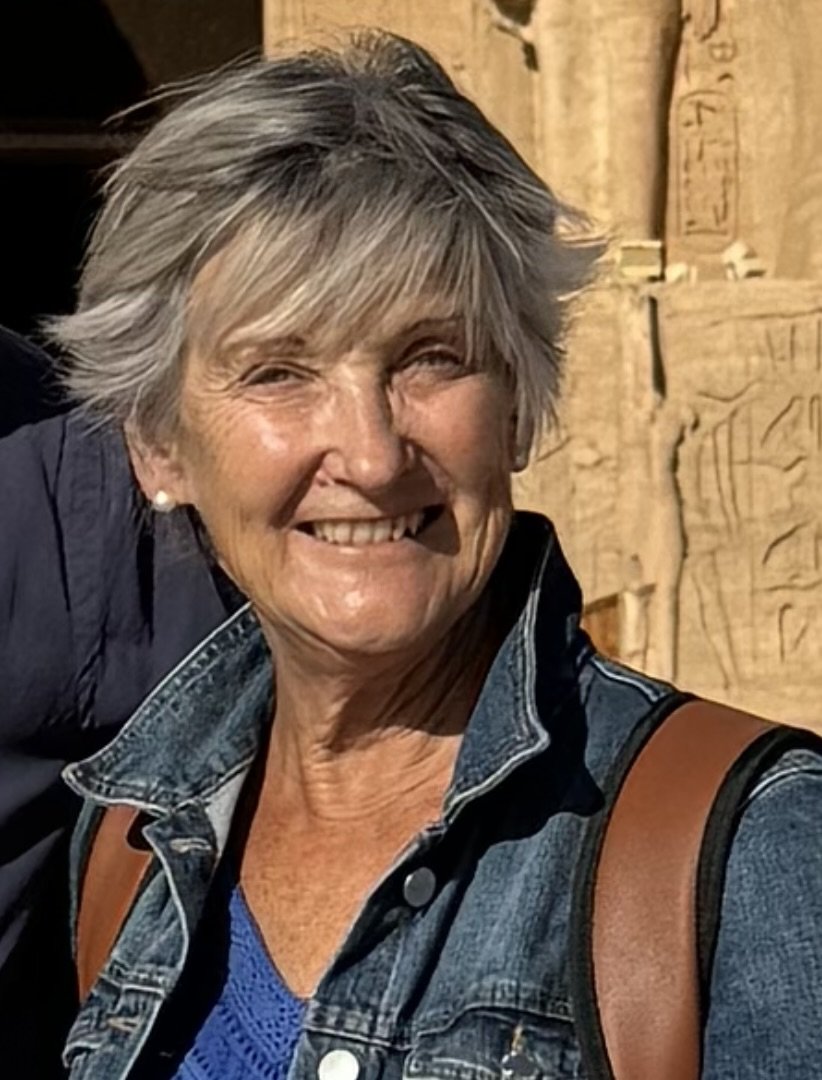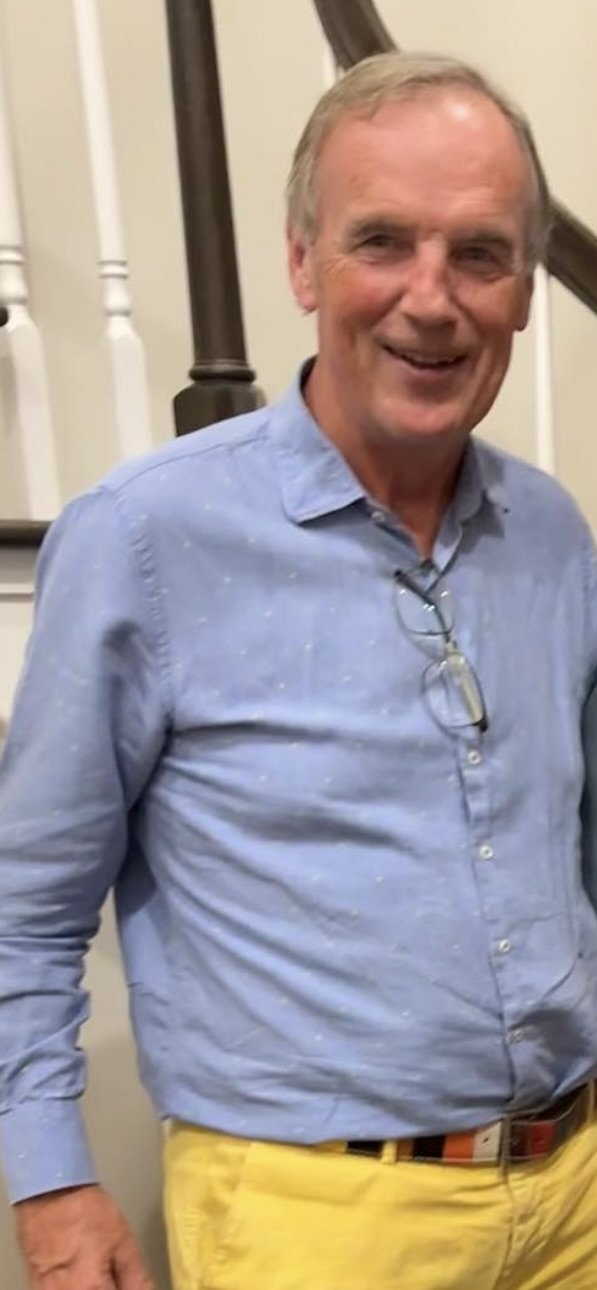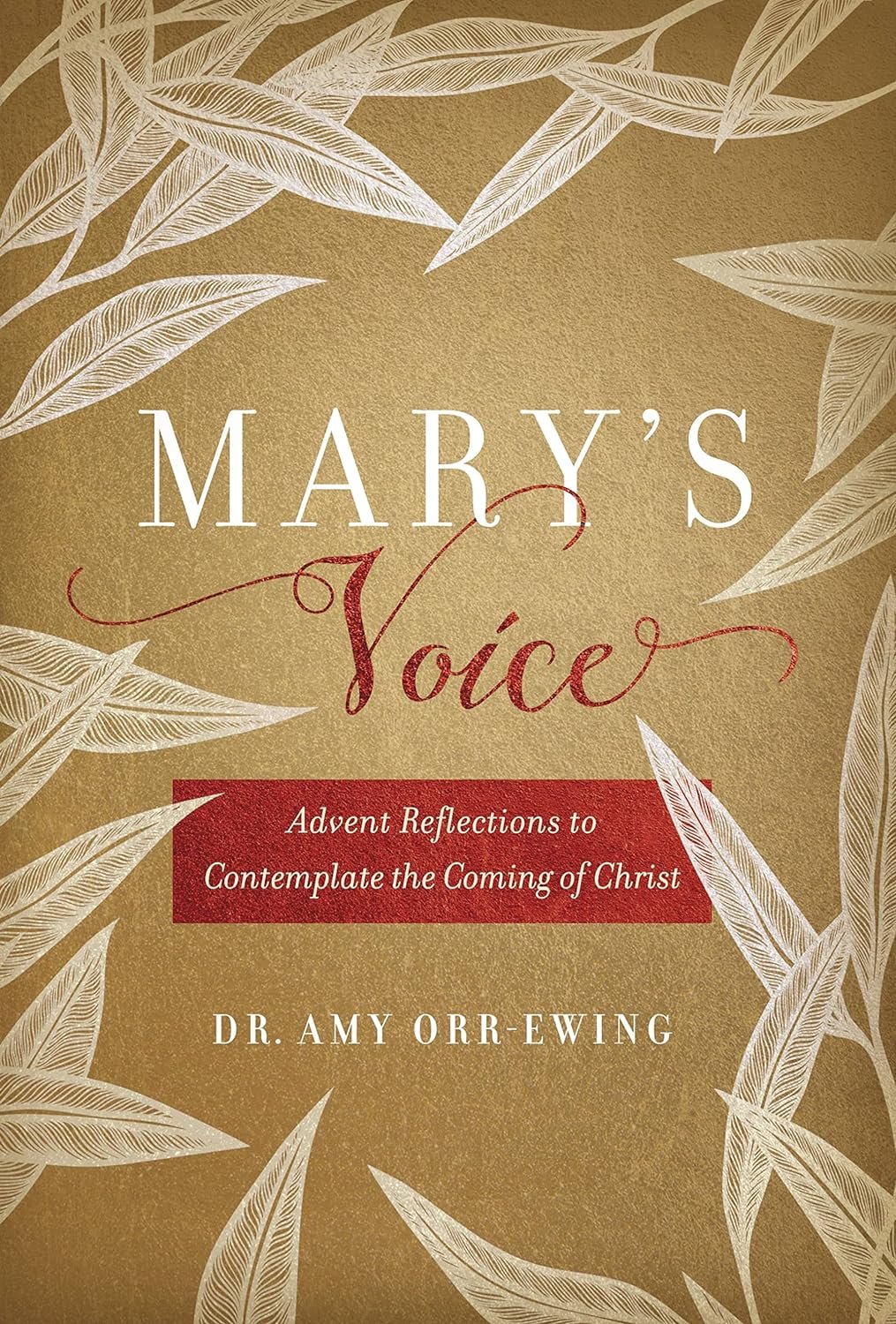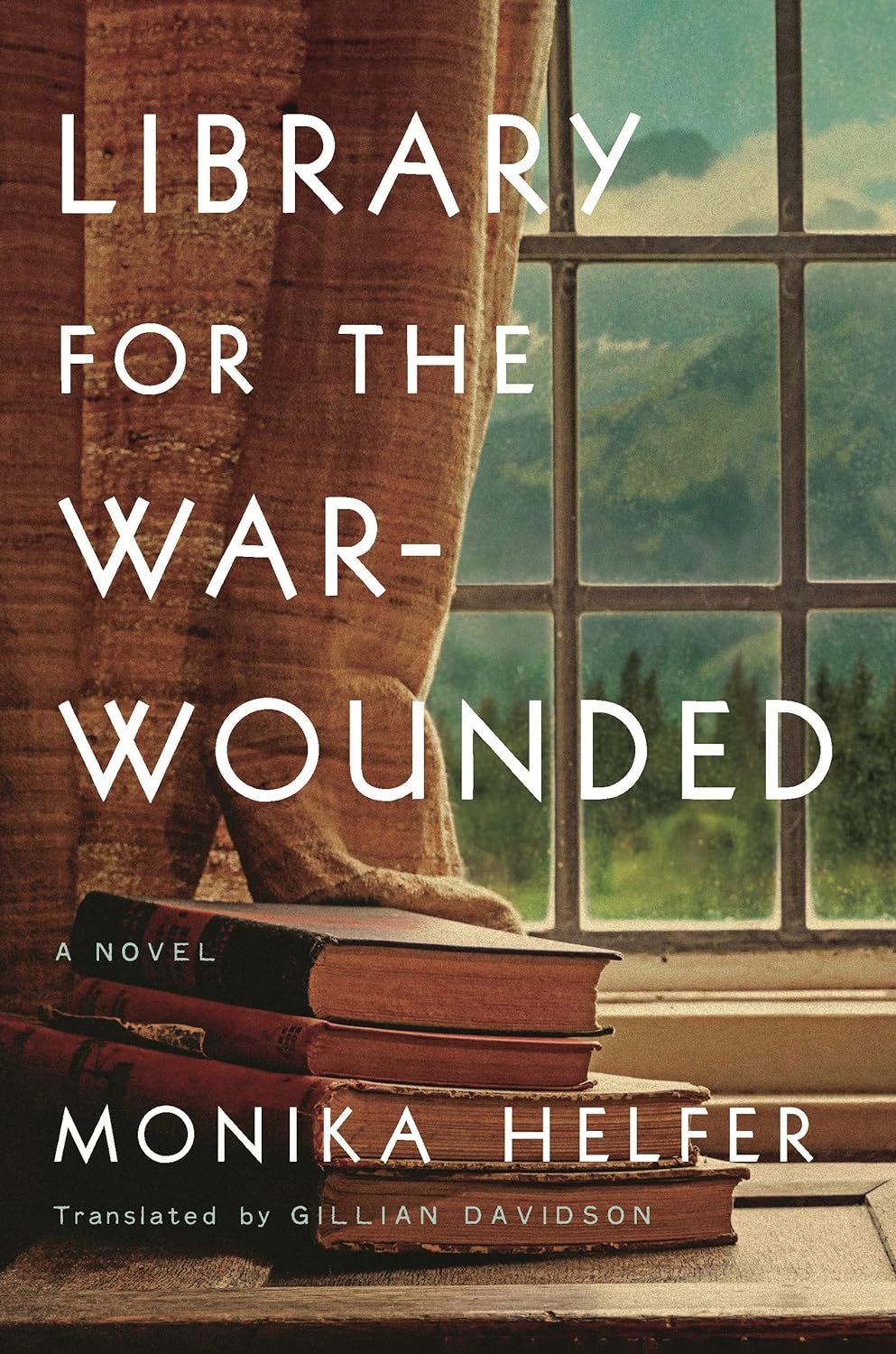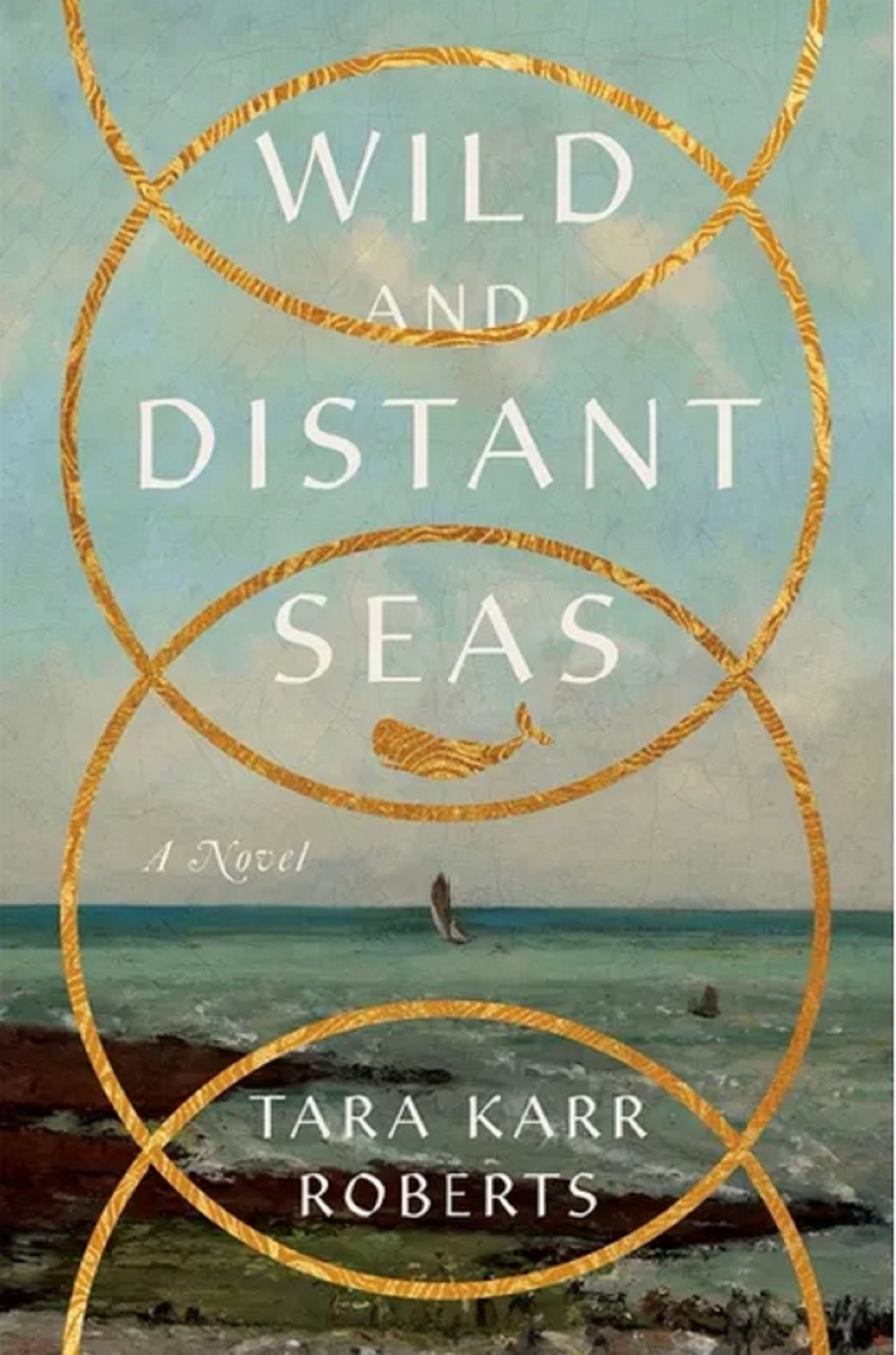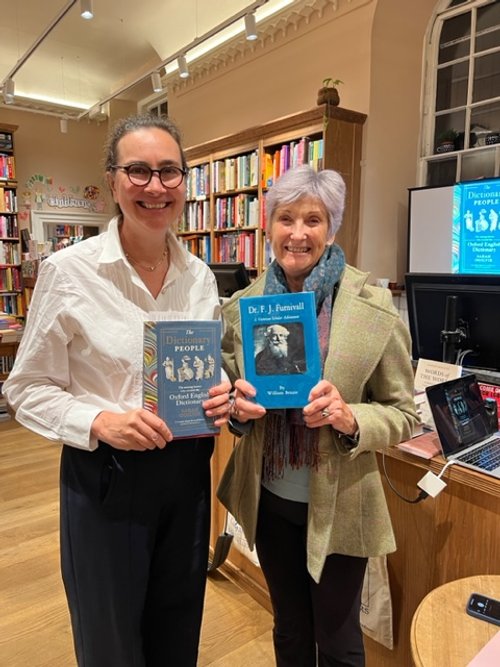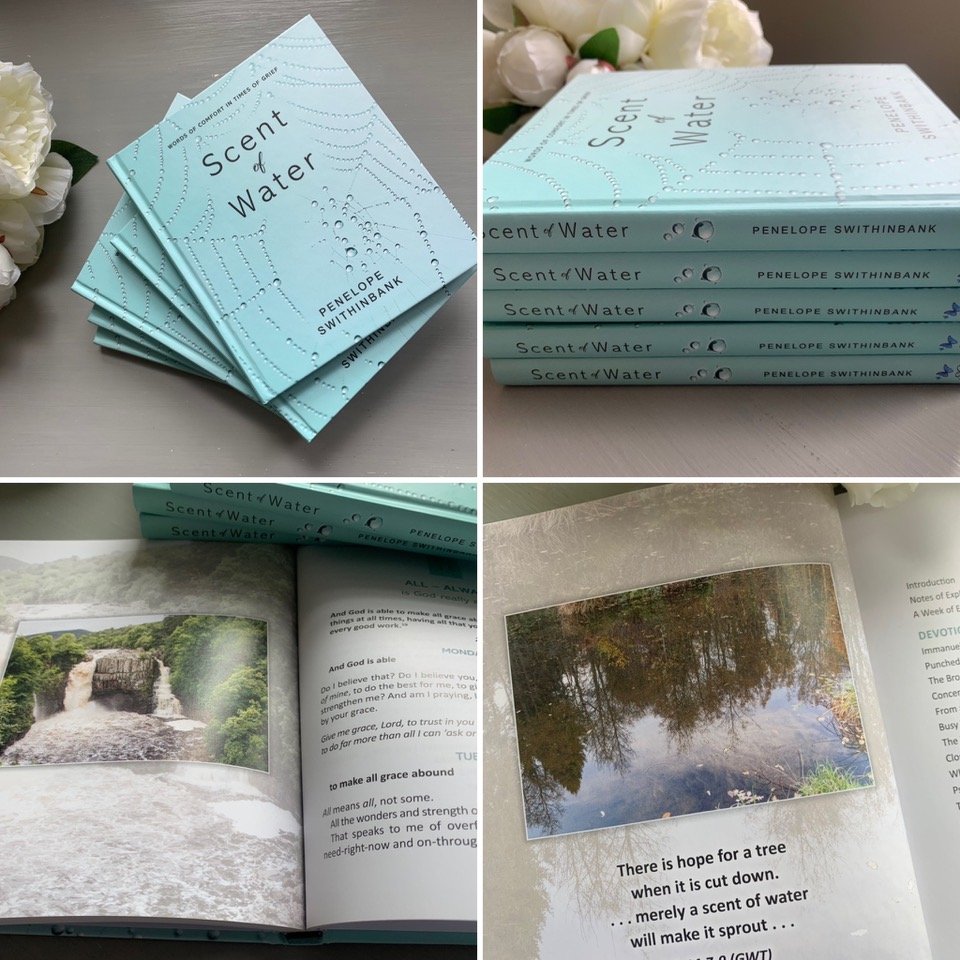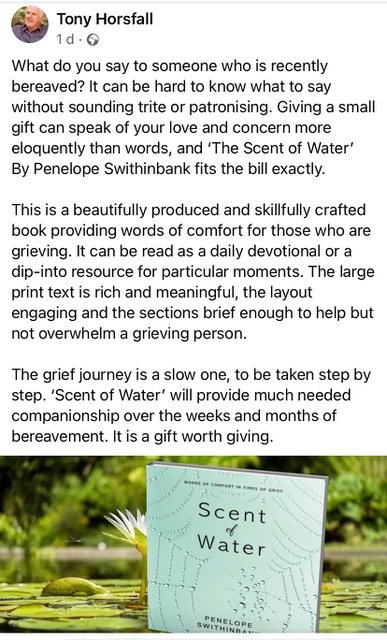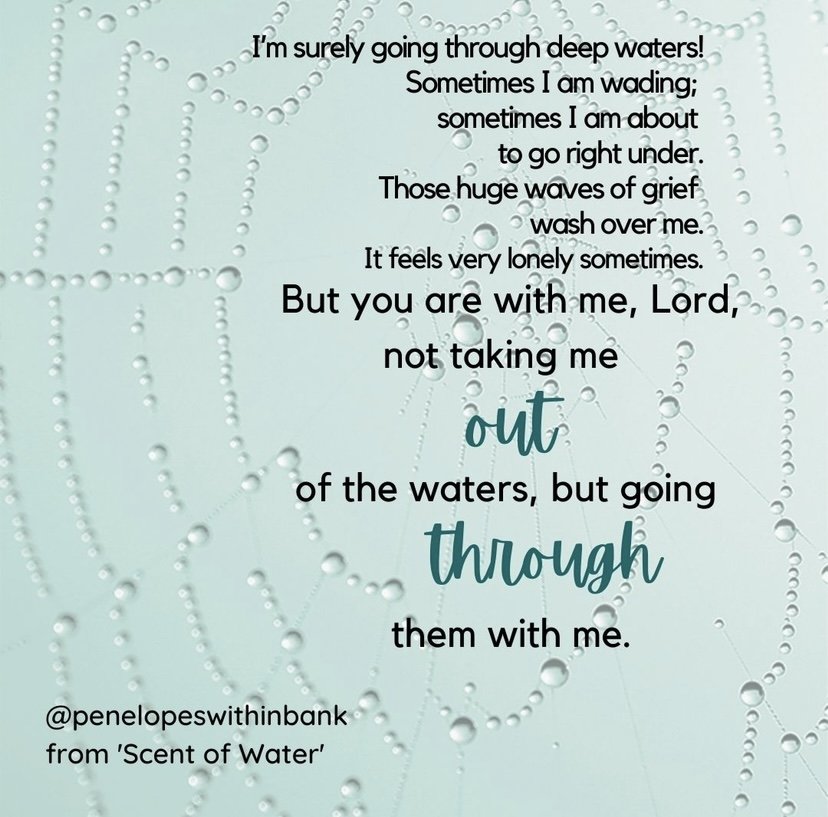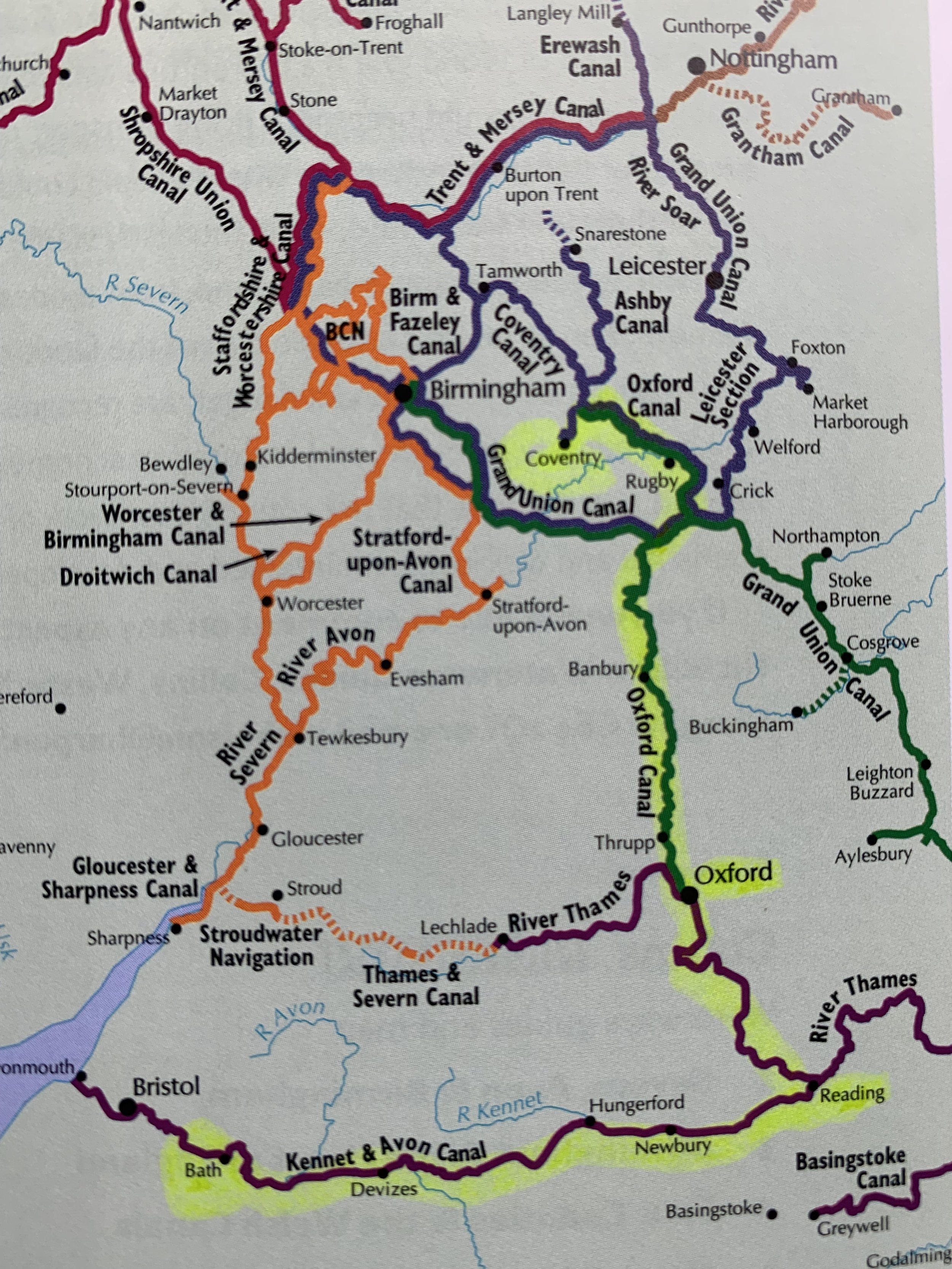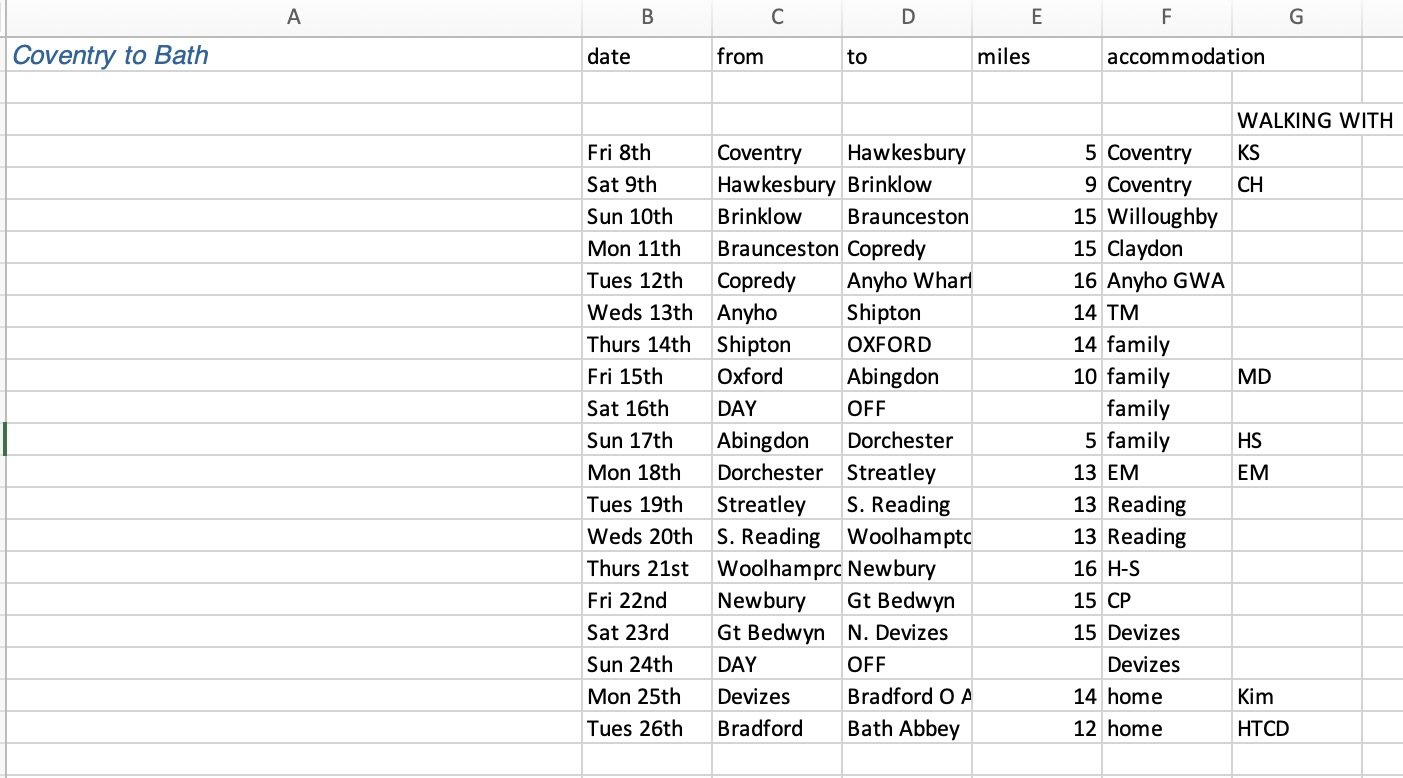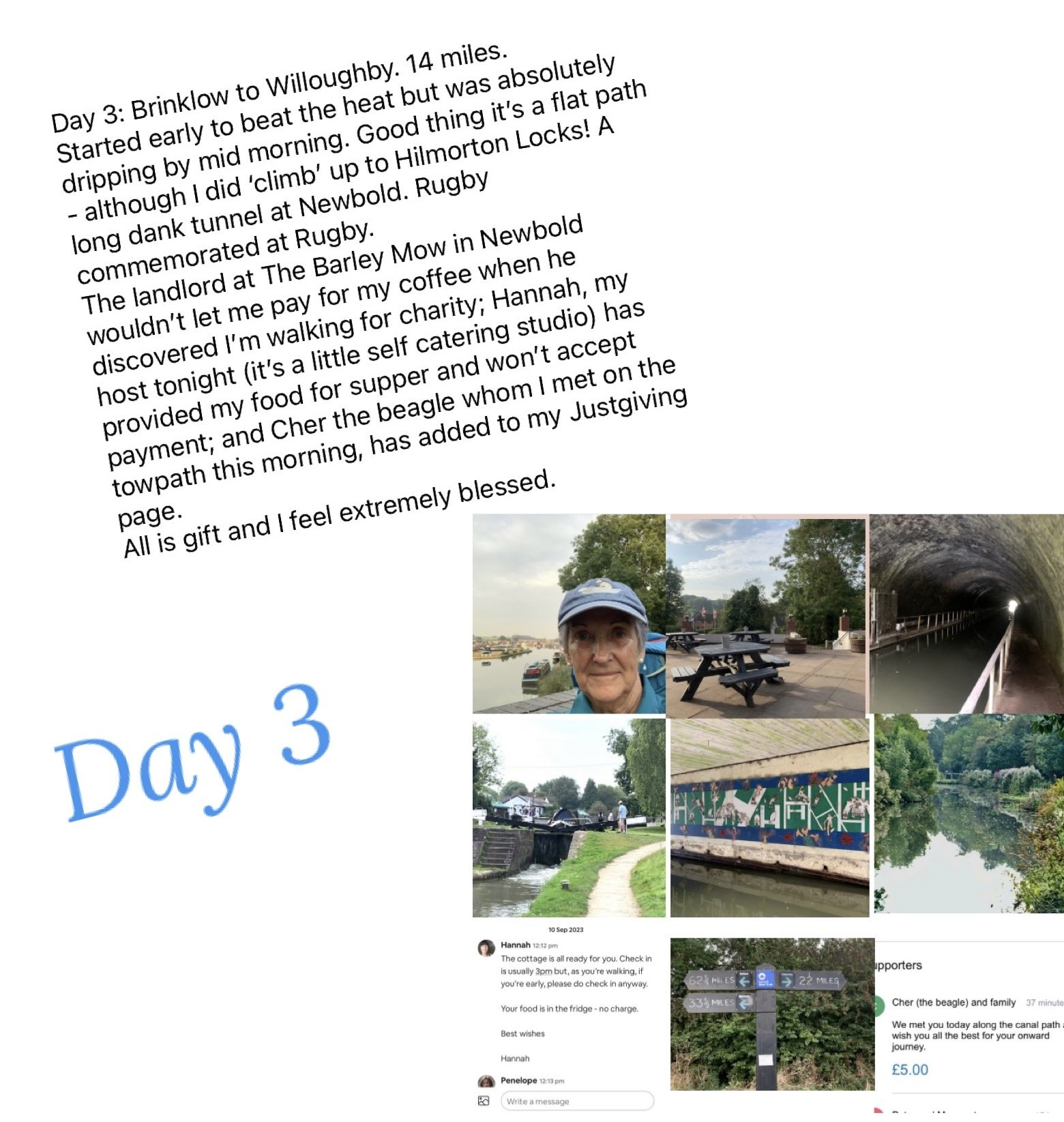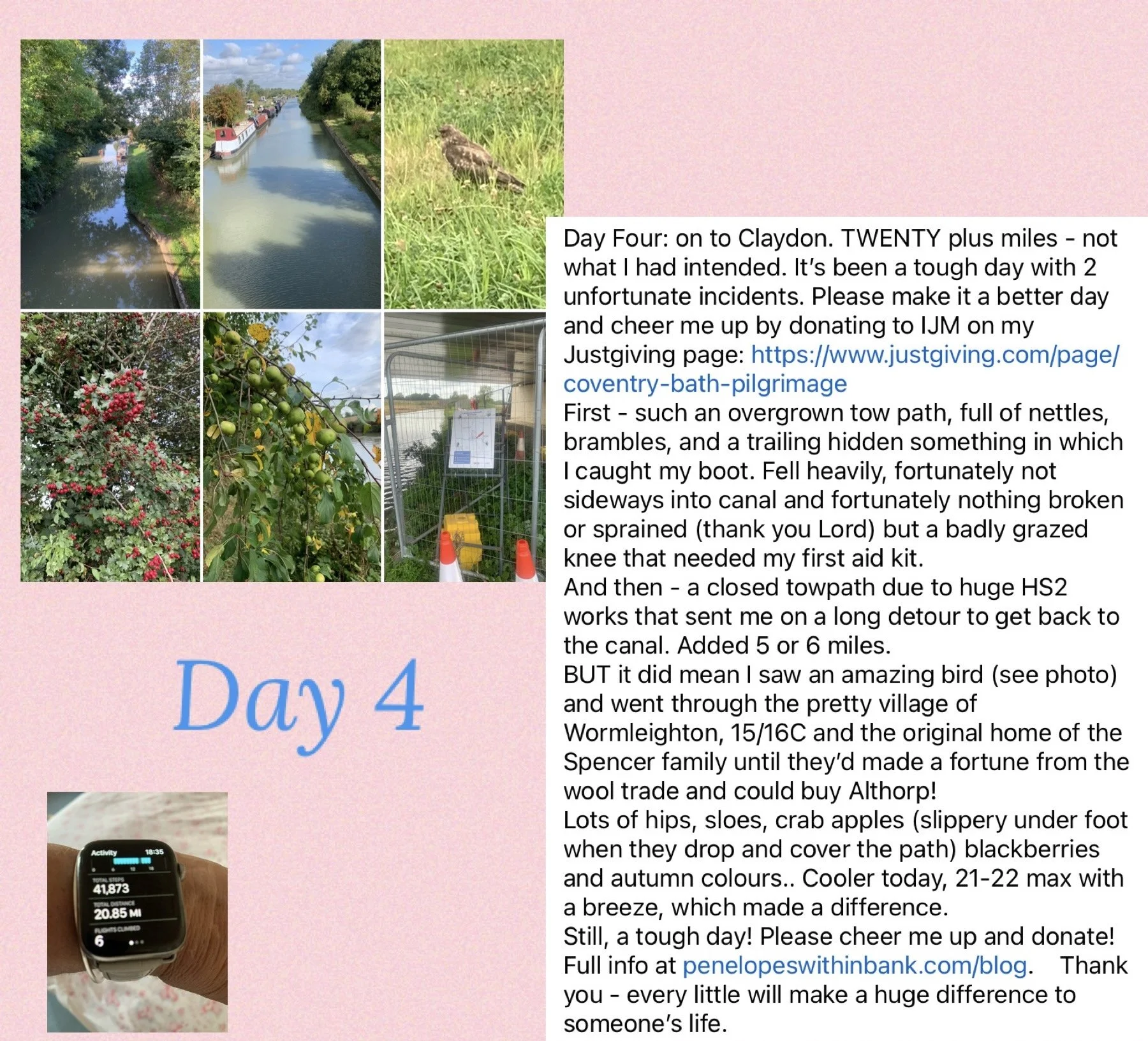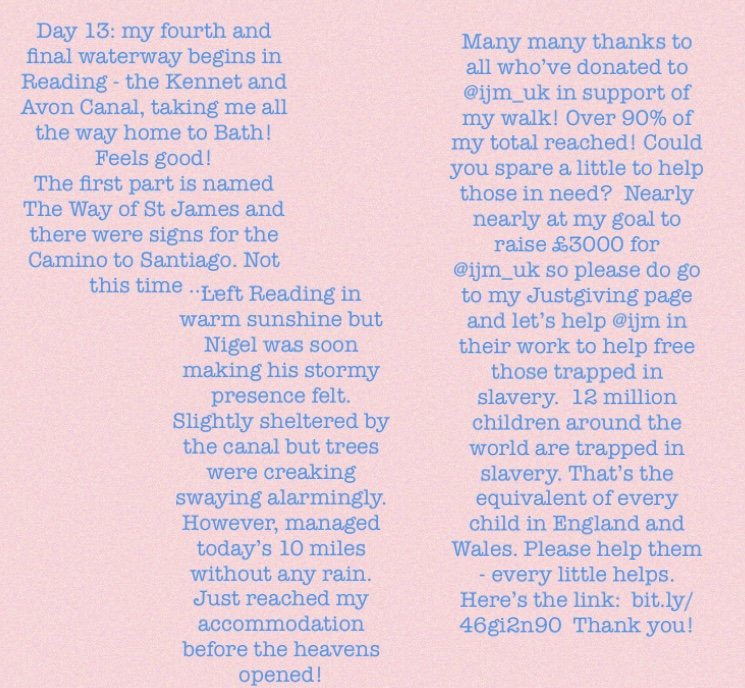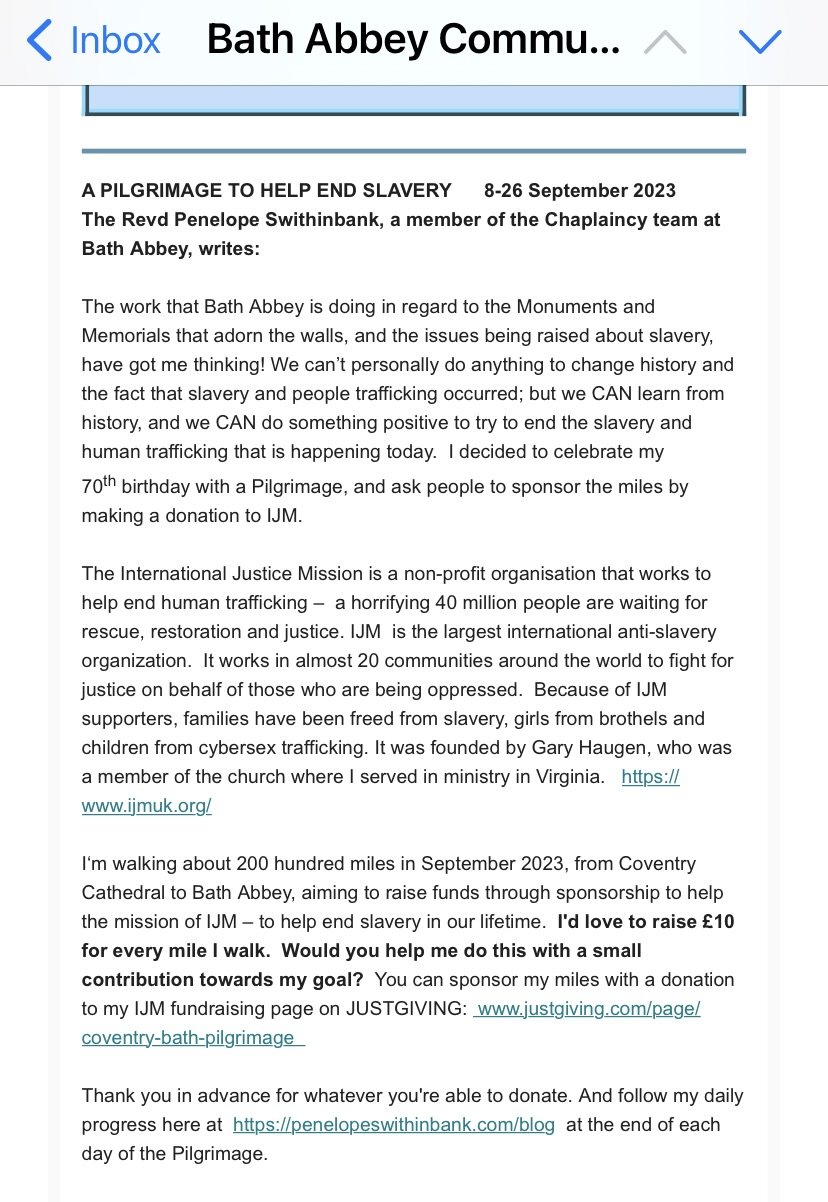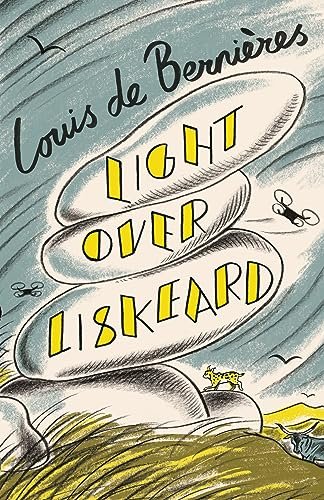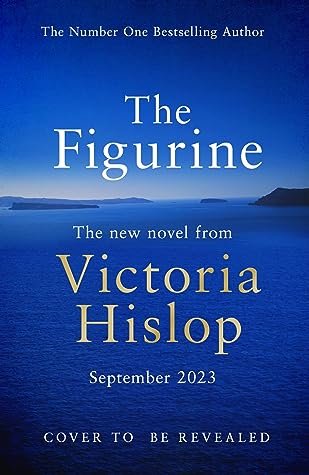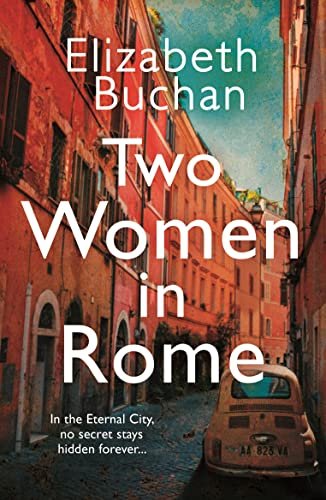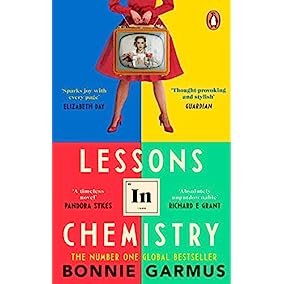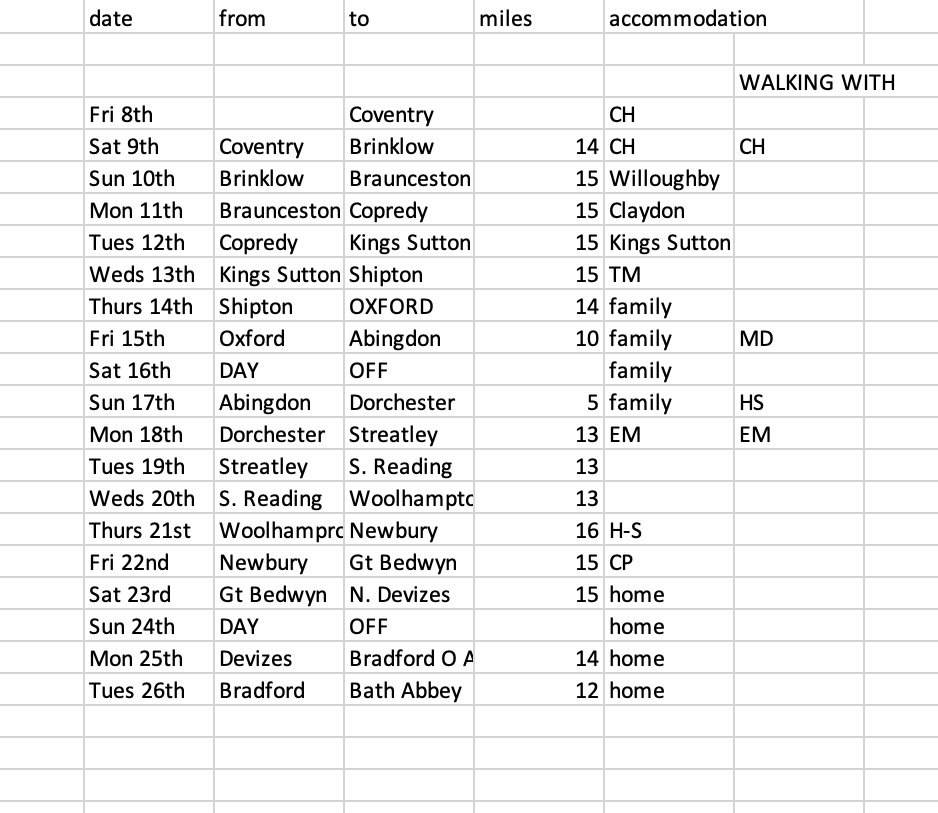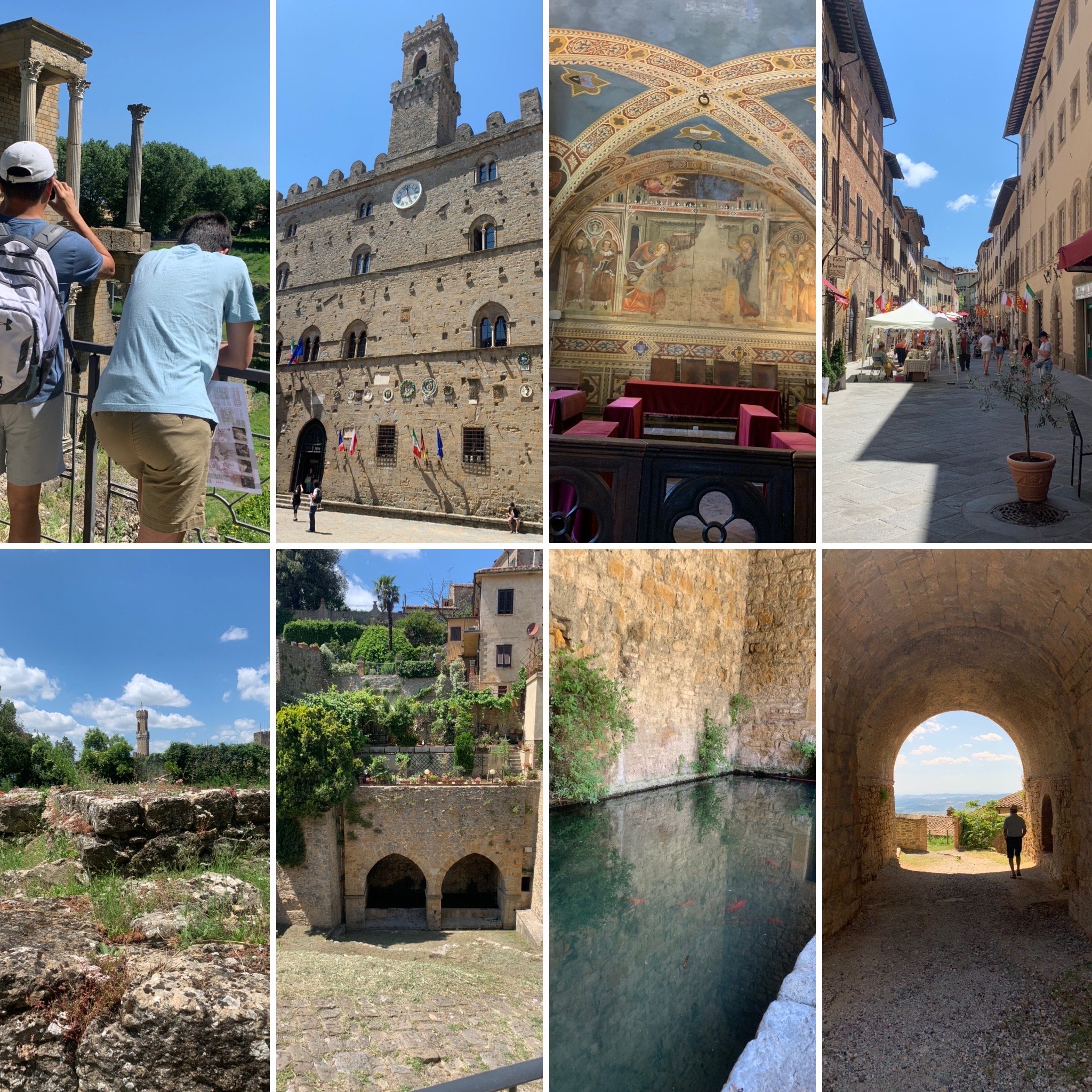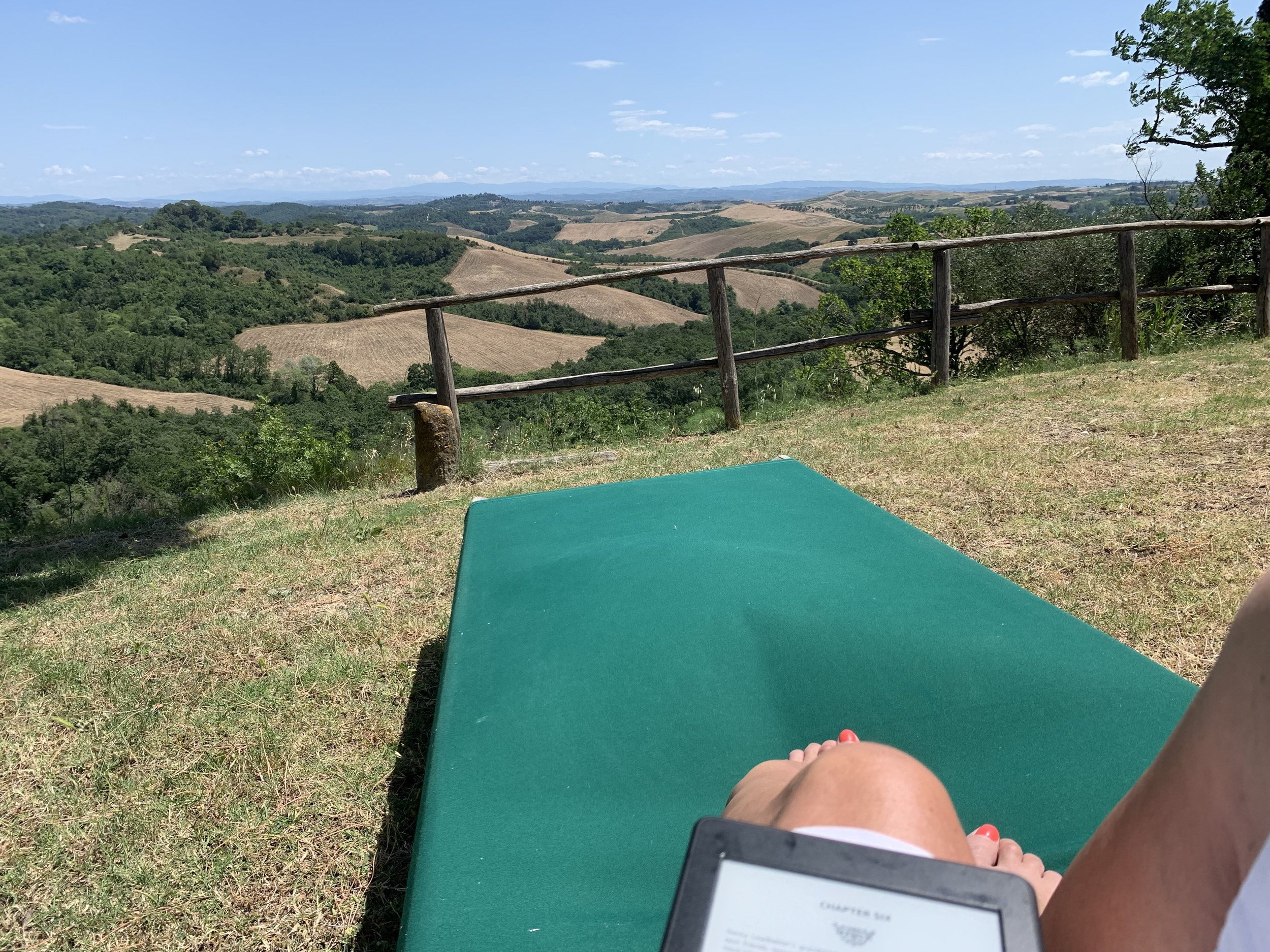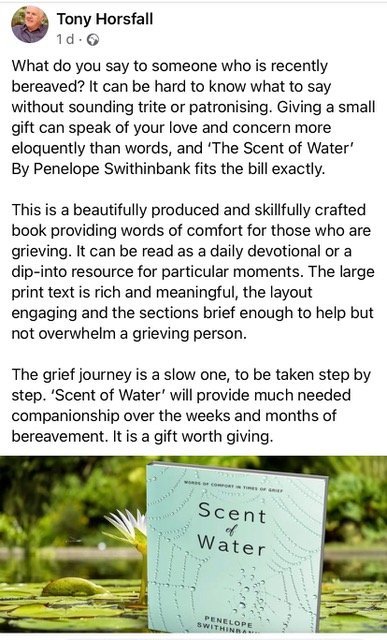LAST AND FINAL CALL!
Hallo there - this is the Last and final Call! What are you doing in May?
Come to Turkey for the pilgrimage of a lifetime in the steps of Paul and the early church.
Ephesus
Join us for a very special pilgrimage to the 7 Churches of Asia Minor, Istanbul
and the ancient cave churches of Cappadocia
May 13-24 2024
An afternoon’s river cruise on the Bosphorus, Istanbul
We have been asked by McCabe Pilgrimages to host a tour of the churches of Asia Minor - a tour of Turkey which includes:
- three days in Istanbul, visiting the famous landmarks and enjoying a river cruise
- time in each of the sites of the ancient churches (think Revelation and the 7 letters it contains to Ephesus, Laodicea, Pergamum ...)
- a visit to Cappadocia and the incredible cave churches of very early Christian belief.
As you may know, Kim has lived in Turkey and has led tours there before. We have been several times, including the McCabe Leadership Training week to Turkey in March 2020 – we thought we might not get back in time before lockdown, but we did bring back in our suitcases all the loo rolls we could find! Remember those strange days?
Now we are privileged to be leading a tour with McCabe who have put together an incredible itinerary for us:
- staying in wonderful hotels (fancy a Turkish bath in a Hammam?)
- visiting the amazing and inspiring sites of early Christian faith and helping to bring alive to us what happened during the first couple of centuries as the Gospel began to spread.
- A local and knowledgeable guide will take us on the tour
- Kim and I will lead the devotional times of worship and prayer, which will sometimes be actually at some of the sites.
It is a very powerful few days and has been inspirational for each of us on previous visits.
- The group is intentionally small, and there are only a couple of spaces still available.
- It is 12 days of being immersed in the New Testament times and the faith of the early Christians and the early Church.
- The cost includes all excursions, all entrance fees, all gratuities, all Bed/Breakfast, most dinners and several lunches, It is extremely good value!
- If you are flying direct to Istanbul (eg from the USA) there is a reduced cost for land only; you can book flights to meet us at the airport and join the group and the coach there for transfer to the hotel
For full details of the pilgrimage with brochure and booking details, pop over to the McCabe website here
If you have any further questions, drop me an email here . And do bring a friend with you - you can forward this to them!
Do be praying and thinking about whether to join us. We’d love to have you come.
- Penelope & Kim
the Revds Penelope & Kim Swithinbank
Penelope Swithinbank is an experienced pilgrimage and retreat leader, conference speaker and Spiritual Director/Therapist. She has been leading retreats and pilgrimages for nearly 20 years, regularly leads pilgrimages in the UK, such as the Celtic Pilgrimage in Cornwall; and on the Via Francigena in Italy. She has had an international ministry, including churches in America and the UK, and speaking on Women's Retreats and leading conferences. Her most special memory is of opening the US Senate in prayer and being guest chaplain. Penelope is an avid walker and spends a lot of her time stomping in the hills and valleys near her home outside Bath. She is the author of three books, Women by Design; Walking Back to Happiness; Scent of Water. She is a wife, mother and grandmother and says of the 6 grandchildren that they are so wonderful she should have had them first.
Kim Swithinbank has been in Christian ministry for over 40 years, mostly as a parish priest in both the UK and the USA. He has also worked with Christian Viewpoint for Men, and was the Director of the Network of Alpha Churches in the USA. Kim has had an international conference speaking role in the States, the UK and in Australia, and has always enjoyed extensive travelling - probably due to his childhood having been spent in Malta, Singapore and Turkey. He has a wide range of interests, including the theatre, American politics and good food; but his main hobby is golf - his wife might even have mentioned the word fanatic at some point. Together, Kim and Penelope have led many pilgrimages, to Italy, to Cornwall and to Oberammergau, with groups from 6 or 7 to 48! Some of his most interesting experiences include running out of petrol (several times), opening the US Senate in prayer as guest chaplain on several occasions and leading Bible Studies in the Pentagon. He is a husband, a father and a grandfather to 6 grandchildren and 3 granddogs!


